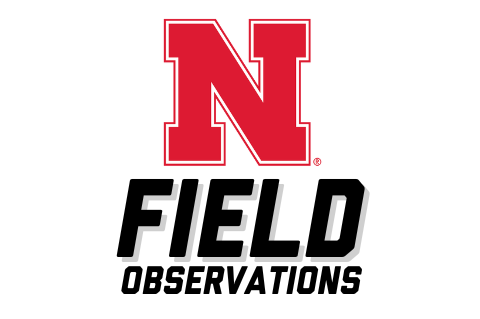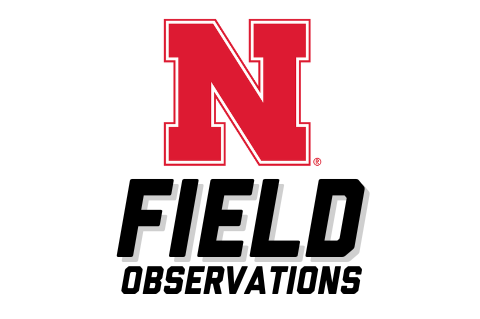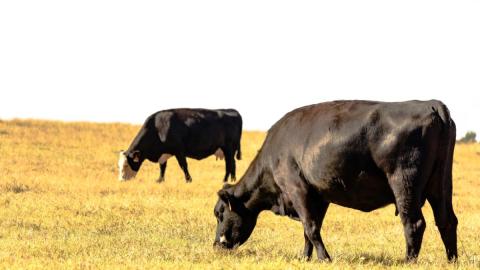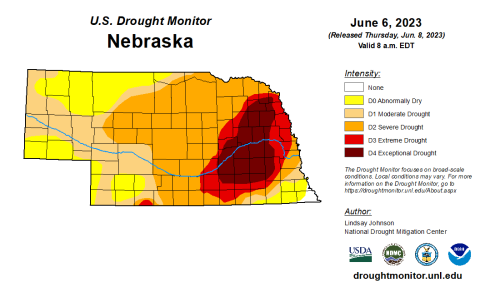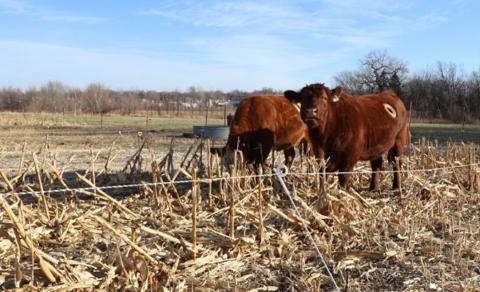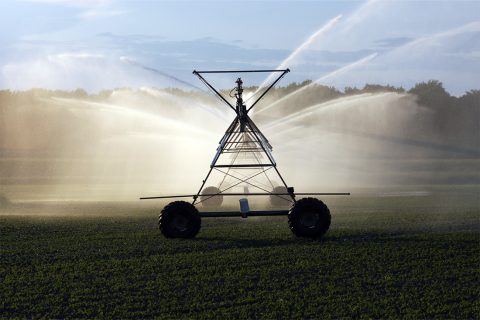This Week on N Field: Residual Herbicides in Corn
June 8, 2023
Nebraska Extension Weed Management Specialist Amit Jhala discusses the effect of dry soil conditions on activation of residual herbicides in corn and what can be done to control weeds.
This Week on N Field: Insurance Update for Farm Operations
June 8, 2023
With the arrival of severe weather season, N Field Observations highlights the importance of reviewing and updating insurance policies for your ag operation.
Study Reviews Farmer Irrigation Scheduling Tendencies in Dry Years
June 8, 2023
Many producers in Nebraska will need to irrigate in June to refill the soil profile before high water demand begins in July, but there are numerous factors to consider when calculating the appropriate irrigation amounts.
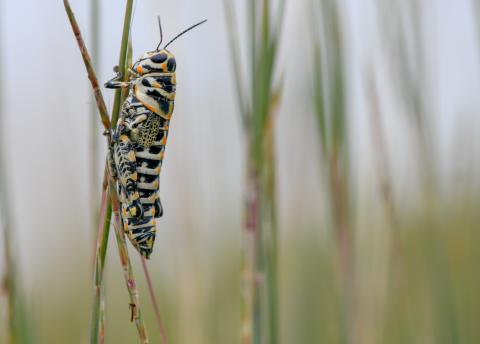
Pasture Grasshopper Management
June 8, 2023
Prolonged drought conditions have increased the potential for problematic grasshopper populations this growing season, particularly for counties in the western two-thirds of Nebraska.
Workshops to Cover Managing Forage and Cattle Price Risk with USDA Programs
June 8, 2023
Specific insurance programs that will be covered during the workshops are Pasture, Rangeland, and Forage (PRF), Livestock Risk Protection (LRP) and Annual Forage insurance (AF).
Weekly Weather Update: June 8, 2023
June 8, 2023
Though most of western Nebraska has reduced drought, recent rainfall hasn't been sufficient to improve eastern Nebraska's exceptional drought status, and annual rainfall deficits continue to escalate for the area.
Short-term Livestock Grazing Impacts on Crop and Soil Properties from an Eastern Nebraska Experiment
June 8, 2023
Nebraska researchers evaluated two no-till, non-irrigated cropping systems from 2018 to 2020 to compare the effects of livestock grazing in a corn-soybean and corn-soybean-wheat rotation on crop productivity.
Early Season Irrigation During Drought
June 7, 2023
For producers who are irrigating early this year due to drought, it's critical to monitor soil moisture to balance crop needs with the risk of losing nitrogen and other valuable crop inputs, while also avoiding the expense of over-irrigating.


